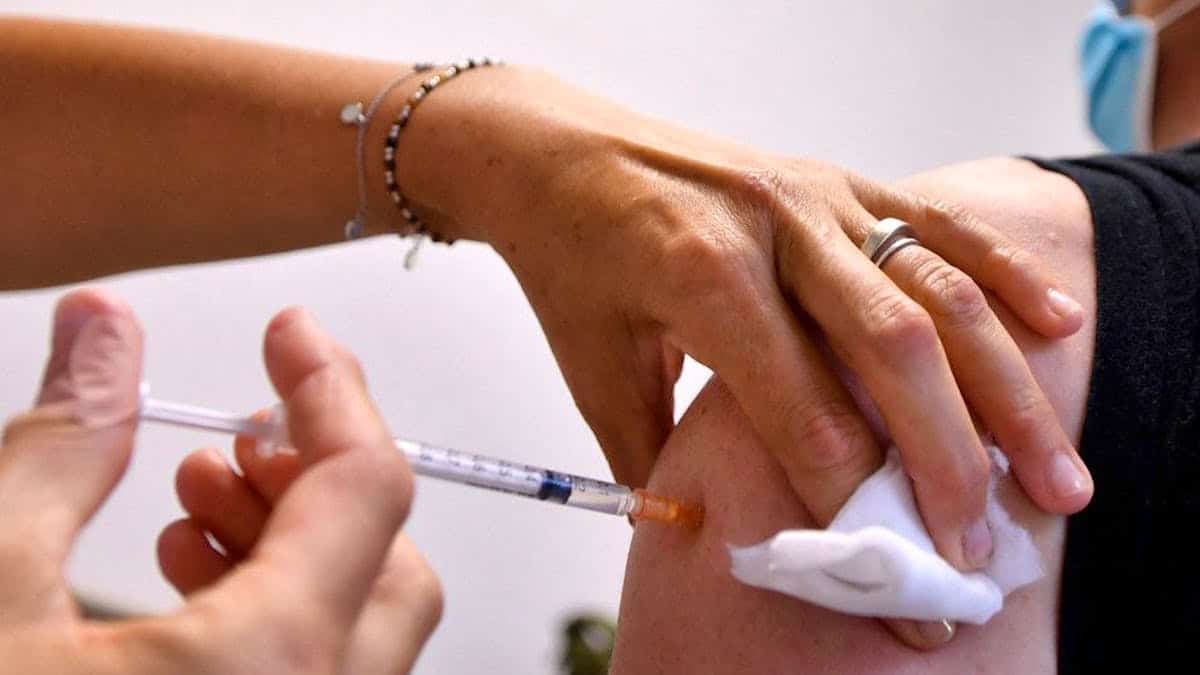Due to lack of confidence in vaccines and health authorities, more and more Americans are reluctant to have their children vaccinated and one in six parent avoids or repels recommended infantile vaccinations, according to a survey published on Monday.
Carried out by the “Washington Post” and the NGO KFF, this survey conducted with more than 2,500 parents highlights the growing distrust of the Americans with regard to the vaccines from the Cavid-19 pandemic.
While Donald Trump’s Minister of Health, Robert Kennedy JR’s vaccinosceptic, has started a deep overhaul of the country’s vaccination policy, the survey shows that a large majority of parents continue to support the vaccination obligations in force.
But a minority of them wonders about the merits of these measures. These parents choose to avoid or repel compulsory or recommended vaccines for their children, for example against measles, tetanus or polio, for fear of side effects and for lack of confidence in the health authorities.
Whites, conservatives and very religious
In the United States, certain vaccinations such as that against measles, rubella and mumps (ROR) are compulsory to educate your child. In many states, parents can however invoke a reason other than a medical contraindication, such as for example a religious reason, to benefit from a derogation.
The survey also reveals that parents who have rejected or avoided the vaccination of their children tend to be white, conservative and very religious and to make some school at home.
So many elements that bring elements of explanation to the decline of the vaccination rates recorded in the country from the Pandemic of COVID-19.
The proportion of children in kindergarten vaccinated against measles thus increased nationally from 95% in 2019 to 92.5% in 2024, with high regional variations. In Idaho, it is now under 80%, far from the 95% recommended to ensure collective immunity.
And this trend could worsen under the leadership of Robert Kennedy Jr, who has several times questioned the security of vaccines and relayed false information about them, according to experts.
Under the effect of this drop in vaccine rates, the United States experienced its worst measles epidemic in 2025 in 2025 in more than 30 years, with three dead, including two children.

